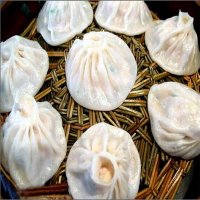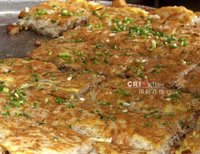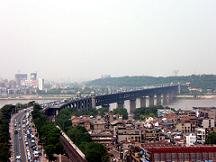Hankou and Wuchang
From the beginning of the city to now, these three parts have their functional differences. Hankou was a treaty port before the World War Ⅱ, and now a commercial center. Hanyang is an industry region. Most of universities in Wuhan are situated in Wuchang, which makes it an educational town.
The three parts share the same regional culture. They are like each other in almost every aspect. But if you touch the city, you can find some differences of them. Now I would like to tell an phenomenon from which we can see something interesting.
I was born and grew up in Hankou, and now I’m studying in Wuchang. In Hankou, except in classes, the only language I speak is Wuhan dialect, a dialect based on mandarin with a southern accent. but in Wuchang, standard mandarin is widely used. Even two Wuhanese may chat with mandarin sometimes.
Wuhan has the third largest number of universities in China (just behind Beijing and Shanghai), and in Wuchang lives hundreds of thousands of students from all over the country, some of whom have difficulties in understanding the Wuhan dialects. In Wuchang, we can hear mandarin mixed with all kinds of (sometimes strange) accent.
So it is. Hankou is more fashion and more civic, while in Wuchang,there's more of a culture immersion.





